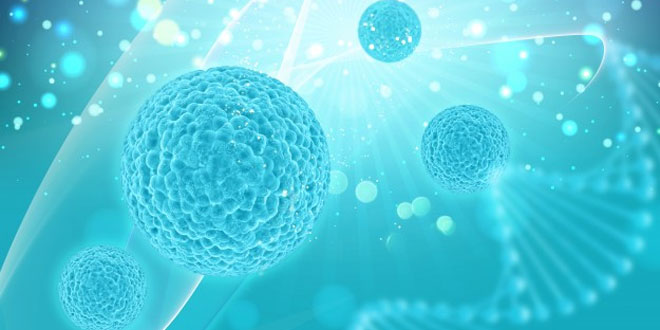Question: What are the lower levels of organization in a multi-cellular organisms? Are these level also present in the unicellular organisms?
Answer: In a multicellular organism, the lower levels of organization are as follows:
Cells → Tissues → Organs → Organ systems → Organism
In the organization of the living world, cells represent the lowest level called Cellular level. Life activities in a multi-cellular organism are performed by groups of specialized cells forming different tissues, which in turn form organs. No, it is not present in the unicellular organisms.
Question: What are the difference between plants and animal cells?
Answer: The difference is as follows:
Question: What is meant by the term cell division? Why is cell division necessary?
Answer: The process by which new cells are formed is known as cell division. It is necessary because new cells are needed for the growth of an organisms and to replace cells that die.
Question: What are the main points of the cell theory of life.
Answer: The main points of the cell theory of life are as follows:
- All living things are made up of cells, much as a wall is made up of cells, much as a wall is made up of bricks. Hence, cells are the basic structural units of living organisms. They are complex living structures.
- All cells are similar in their basic structure and function but are not identical. They differ in size and structure.
- New cells are formed due to division in old cells.
- The organization of cells in the body of a living organism determines its structure.
- The way an organism functions depends on the way the cells work.
Question: What are the functions of the following in a cell – Cell membrane, cytoplasm, Nucleus, chromosomes, vacuoles, mitochondria.
Answer: Cell membrane: The cell membrane separates the cell from its surroundings.
Cytoplasm: The cytoplasm is a jelly-like substance that makes up most of the inside of a cell. All life functions take place in the cytoplasm (kytos means hollow and plasma means liquid).
Nucleus: The nucleus is the control centre of the cell. It directs the growth of the cell and controls all the activities that go on within the cell.
Chromosomes: These carry genes which contain all the information needed by the cell to function and to reproduce further cells of the next generation. Thus, genes are responsible for inheritance, i.e. transfer of characteristics from the parent to the offspring.
Vacuoles: Vacuoles are sac-like structures. They store food, water and wastes. Plant cells have large vacuoles as compared to animal cells.
Mitochondria: Mitochondria are small rod-like structures. They oxidize food to provide energy. They are, therefore, often called the powerhouses of the cell.
Question: With the help of examples, show the variation in shapes and sizes of cells.
Answer: In multi-cellular organisms, cells have special jobs, so they have different shapes and sizes. Nerve cells, for example, have fibres that may be more than one metre long. Message pass from one nerve cell to another along these fibres.
Muscle cell expands and contract. Their long, thin shape helps them do this. The outer layer of skin forms a protective cover over your body. Their flat shape helps them to cover a large area. White blood cells (WBC) present in the blood can change their shape. This helps them to destroy germs.
Plant cells located on the outer part of the stem give strength to a plant. These cells have thick cell walls for support. Some cells in plants are used to store food. These cells are larger than other cells.
 Class Notes NCERT Solutions for CBSE Students
Class Notes NCERT Solutions for CBSE Students



